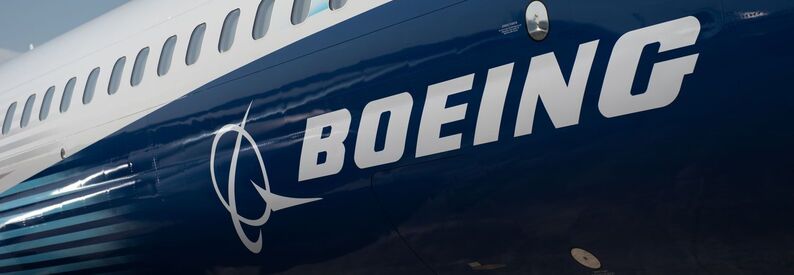Boeing Tests AI Taxi System to Boost Aviation Safety

Boeing is advancing artificial intelligence in critical flight operations with a new series of demonstrations focused on automated taxi and runway systems. Conducted in partnership with the European Union Aviation Safety Agency (EASA), the tests are designed to help regulators determine how AI can be certified for use in aircraft safety systems.
The demonstrations took place at NASA’s Ames Research Center and used a Cessna Caravan as a test platform. Boeing integrated AI-based software and sensors to automate taxiing, runway navigation and other ground movements, simulating real-world conditions to validate system performance and reliability.
According to Boeing, the program’s goal is to evaluate how AI can enhance pilot situational awareness and reduce the risk of runway incursions or ground collisions, especially during low-visibility conditions. By gathering data on system performance, the company and EASA aim to develop guidelines and certification standards for future AI-enabled safety technologies in commercial aviation.
Industry analysts note that the project could mark an important step toward broader adoption of artificial intelligence in flight operations, from taxi and takeoff to landing. While automation is already common in the cockpit, applying AI to ground operations could streamline procedures, improve efficiency and reduce human error.
Boeing says these demonstrations will inform future AI integration across its commercial and defense products, setting the stage for smarter, safer aircraft operations as the aviation industry embraces next-generation technologies.
Sources: AirGuide Business airguide.info, bing.com
